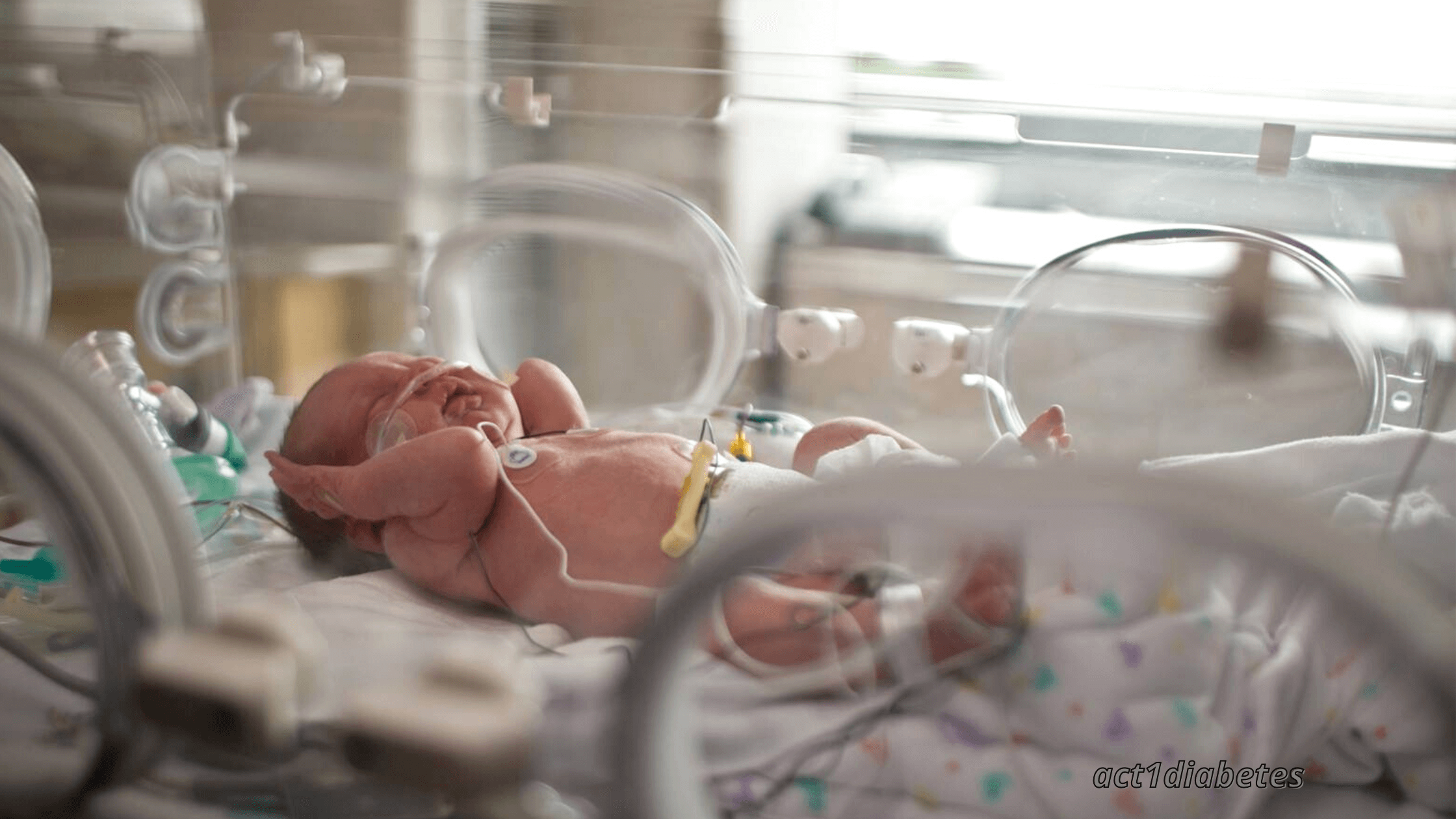What's Inside
Type 2 diabetes is a chronic disease that occurs when the body can’t make enough insulin or use it properly. Insulin is a hormone that aids the body’s conversion of food into energy. A hormone called insulin aids in converting food into energy in the body.
Affect Of Type 2 Diabetes On Pregnant Women!
According to a study published in the journal Diabetes Care, the risk of birth defects appears to be increased in women with type 2 diabetes who are not taking insulin during pregnancy.

Researchers looked at data from more than 4 million pregnancies across five countries (the U.S., Canada, Denmark, Sweden, and Norway). They found that of those women diagnosed with type 2 diabetes before becoming pregnant, only 1 percent took insulin while they were expecting. By comparison, among those who had type 2 diabetes but did not take insulin during pregnancy, there was an increased risk of birth defects: 3 percent compared to 1 percent for other mothers-to-be with type 2 diabetes.
The Link Between Type 2 Diabetes And Birth Defects:
In the United States, one in every 400 children is born with a birth defect. This can be a wide range of conditions that affect the brain, heart, digestive system, or musculoskeletal system.
Type 2 diabetes is a chronic condition that affects how your body uses insulin. The pancreas produces insulin to help move glucose (sugar) from the blood into cells for energy. When you have type 2 diabetes, your body either does not make enough insulin or cannot use it properly, so glucose builds up in your blood instead of going into cells.
Children born to mothers with type 2 diabetes may have an increased risk of birth defects. In addition to developing type 2 diabetes as adults, these children are at higher risk for obesity and heart disease later in life.
The Risks Of Type 2 Diabetes For Pregnant Women:
Diabetes during pregnancy is a serious condition that can put both the mother and child at risk.
The risks of Type 2 diabetes for pregnant women include:
👉 Fetal death
👉 Neonatal mortality (death of the infant)
👉 Premature delivery
👉 Low birth weight
👉 Cesarean section birth
The Impact Of Type 2 Diabetes On Unborn Babies:
Having gestational diabetes, or high blood sugar during pregnancy, can lead to serious health problems for both mother and baby. This condition happens when a woman who doesn’t have diabetes becomes diabetic during her pregnancy. It affects about 50 percent of pregnant women in the United States.
Gestational diabetes is associated with an increased risk of complications such as preeclampsia, having a large baby (macrosomia), and giving birth prematurely. Children born to mothers with gestational diabetes are at an increased risk for obesity in childhood and adulthood, according to the Centers for Disease Control and Prevention (CDC).
The Treatment Options For Type 2 Diabetes In Pregnant Women:
The management of type 2 diabetes during pregnancy is based on maintaining blood glucose levels between 4.4 mmol/L and 7.8 mmol/L (70-140 mg/dL). The aim is to prevent complications such as birth defects, miscarriages, and stillbirths. Most pregnant women with Type 2 Diabetes need to use insulin and dietary control to keep their blood glucose levels normal.
Insulin injections are commonly used during pregnancy to lower blood sugar levels, especially if you have type 1 diabetes or have had gestational diabetes before. There are different types of insulin available, including rapid-acting insulin analogs that can be taken at meal times and longer-acting types that work throughout the day or night. Your doctor will decide which type of insulin is best for you and how much you should take each day.
In many cases, it’s possible to manage gestational diabetes with diet alone, but it may also be necessary to take oral hypoglycemics such as glyburide or metformin. These medications help reduce the amount of glucose produced by the liver as well as improve insulin sensitivity so more glucose can be absorbed from food into cells where it’s used for energy.
The Complications Of Type 2 Diabetes During Pregnancy:
The complications of type 1 and type 2 diabetes can be serious. The risks for mothers include increased chances of miscarriage and stillbirth, as well as other complications such as preeclampsia, or high blood pressure during pregnancy.
If you have diabetes and are planning on getting pregnant, it’s important to talk to your doctor about how this will affect your pregnancy and whether you need any changes in your treatment plan.
Conclusion
Diabetes is a disease that encompasses many different types, and the complications range from nerve damage to vision problems. However, those with late-onset type 2 diabetes are seemingly in good health otherwise, but what about their children? In short, yes. Children of pregnant women with diabetes are at risk of developing a host of serious complications, ranging from low birth weight to cerebral palsy. The earlier a mother’s diabetes is diagnosed and controlled, the greater the likelihood of preventing these complications from occurring.

